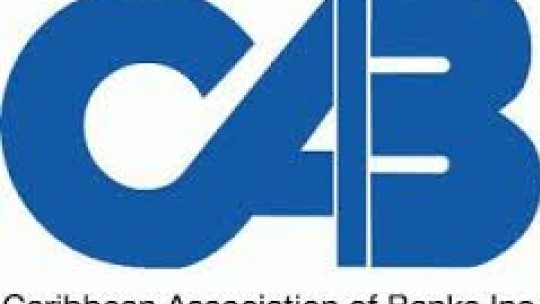The Caribbean Association of Banks (CAB) has agreed on an action plan to address a major threat to economic activity across the region as a result of loss of correspondent banking relationships.
The Association tackled the issue at its recent CEO Forum on De-Risking in St Lucia.
In addition to CEO’s, directors and compliance professionals from regional banks, the event was attended by technical service providers, a US legal representative and a potential provider of correspondent banking services.
When financial institutions terminate or restrict correspondent banking relationships with client banks to avoid risk, they are said to be de-risking.
This has been a recent trend in many Caribbean jurisdictions where global banks have either terminated or are threatening to terminate their correspondent banking relationships which play a critical role in facilitating the flow of funds through remittances, foreign direct investments and international trade.
The CAB says CARICOM countries rely heavily on these economic activities and de-risking has the potential to destabilise economies, promote financial exclusion and increase poverty levels.
The Association has agreed on establishing a clearing institution in the US, alternative payment methods as well as correspondent banking relationships in the UK.
A six-member committee has been appointed to advance the recommendations.
The International Monetary Fund (IMF) warned late last year that the loss of correspondent banking relationships was a major risk for banks in the region.
The IMF said as of June last year at least ten banks including two central banks in five Caricom countries had lost all or some of their correspondent banking relationships.










 All feeds
All feeds







